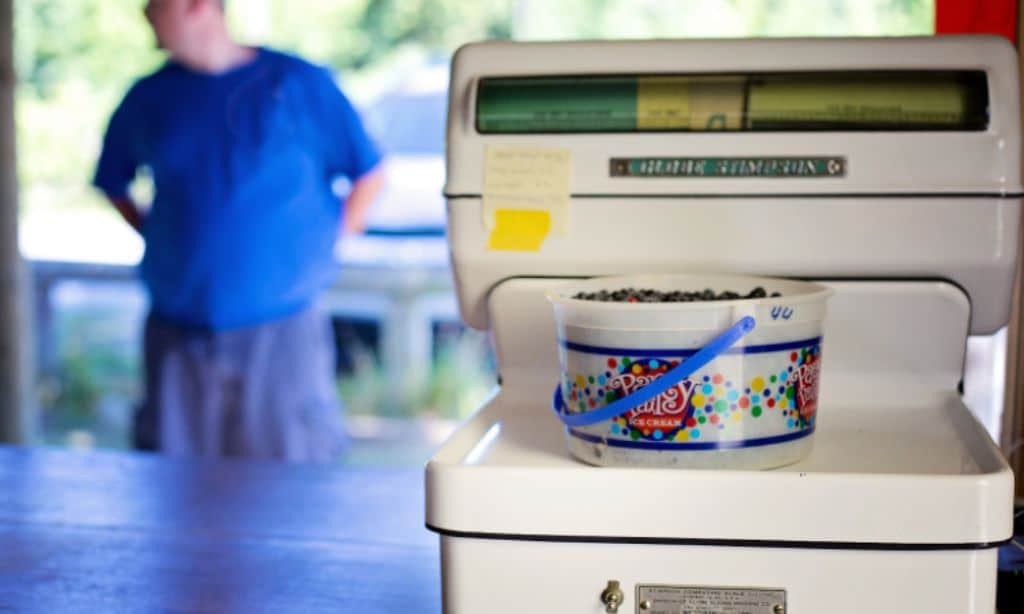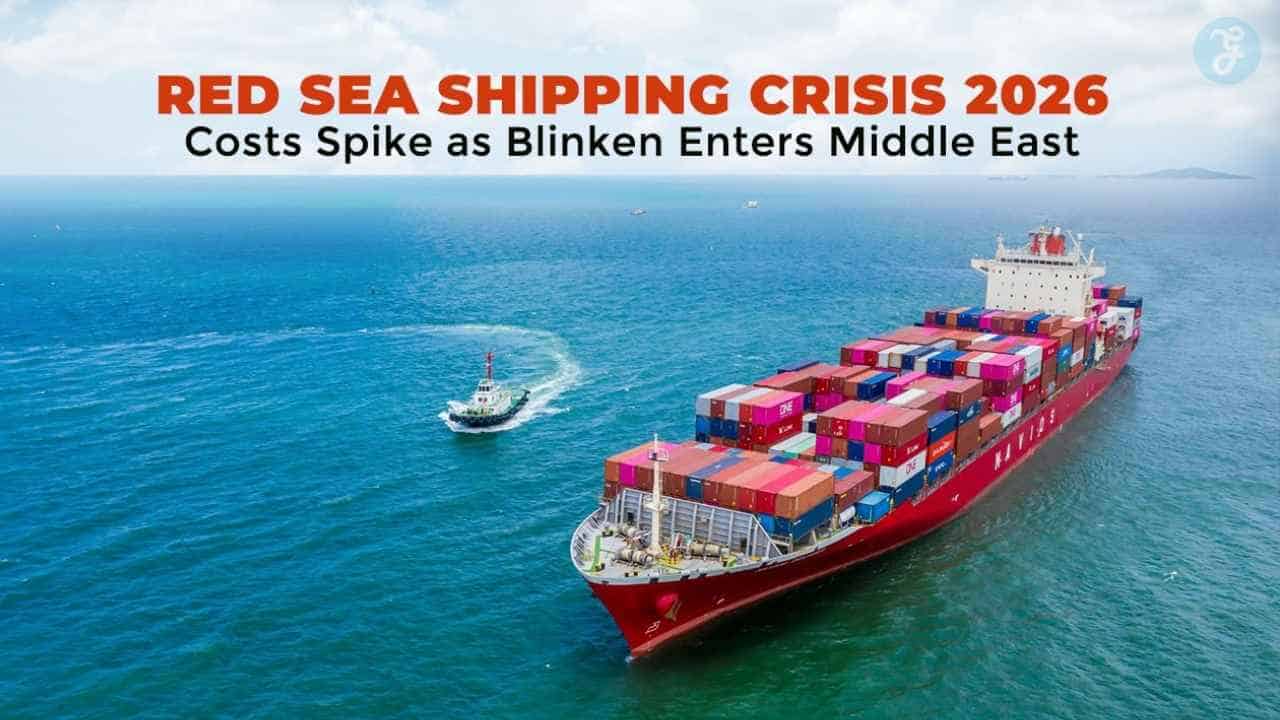In industrial settings, precision is everything. The efficiency and success of many operations hinge on the accuracy of measurements, especially when it comes to weighing materials. Whether in manufacturing, food processing, or chemical production, accurate weighing ensures that processes run smoothly and cost-effectively. Missteps in this area can lead to waste, safety issues, and financial losses.
Enhancing Product Quality
Accurate weighing is fundamental to maintaining high product quality. In the food industry, for instance, precise measurements of ingredients are vital in ensuring consistent flavor and texture, thereby meeting customer expectations. A minor deviation in weight can significantly alter the end product, potentially leading to customer dissatisfaction and loss of reputation.
In chemical manufacturing, accurate weighing helps in maintaining the right proportions of reactants. This not only ensures the desired chemical properties of the resultant product but also minimizes the risk of producing harmful byproducts. Investing in advanced weighing technologies is crucial for industries looking to enhance their processes. The folks at 1800Scales can provide a wide array of precision weighing solutions that cater to various industrial needs. With cutting-edge technology, businesses can achieve more consistent and reliable results, improving overall production efficiency.
Compliance with Regulations
Industries are required to comply with a wide range of regulations and standards, especially in high-stakes sectors like pharmaceuticals, food production, and manufacturing. Adhering to these regulations ensures that businesses operate within the law and meet the necessary safety and quality guidelines. Accurate weighing is essential for compliance, as regulatory bodies require precise recording of ingredient weights. Non-compliance can lead to fines, product recalls, and reputational damage.
Inaccurate measurements can also expose companies to legal challenges, which can have a devastating impact on their financial stability. Legal disputes over non-compliant practices may lead to costly settlements, lost business, and regulatory penalties. Consistently prioritizing accurate weighing helps businesses avoid legal issues and uphold high-quality standards. This proactive approach helps minimize legal vulnerabilities, ultimately securing the company’s long-term viability and industry standing.
Cost Efficiency and Waste Reduction
Effective weighing helps companies save money and reduce waste. When the correct amount of materials is used, there is less likelihood of overproduction or leftover excess. In many manufacturing processes, incorrect measurements can lead to costly errors, such as excess materials needing disposal, which can quickly add up financially.
Moreover, accurate weighing can optimize supply chain efficiency. Knowing exactly how much material is required allows for better resource allocation, smoother logistics, and lower inventory costs. Organizations that adopt sleek weighing practices ultimately save time and reduce their environmental impact through less waste.
Improving Operational Efficiency
Operational efficiency is crucial in industrial processes, and accurate weighing contributes significantly to this. With precise measurements, the entire workflow is streamlined. For instance, in batching processes, workers can move on to the next tasks without delay caused by recalibrating machines or correcting weight discrepancies.
Moreover, accurate weighing can enhance automation processes. Many industries involve automated systems that require precise weight measurements for optimal functioning. Inconsistencies in weight data may lead to system failures or malfunctions, resulting in downtime that could have been avoided with accurate weighing methods.
Enhancing Safety Standards
Safety is a top priority in industrial settings where hazardous materials are frequently handled. Accurate weighing is critical for minimizing risks, as improper measurements can lead to unsafe conditions, especially when working with chemicals or heavy substances. Even slight errors in weight can have significant consequences, putting both workers and the environment in danger. Ensuring correct measurements helps companies adhere to safety protocols and reduces the likelihood of accidents.
Establishing reliable weighing practices is essential to maintaining a safe workplace. Regular calibration and maintenance of weighing equipment help guarantee that instruments are functioning correctly, preventing errors that could lead to hazardous situations. These proactive measures demonstrate a commitment to workplace safety and compliance with regulations. Ultimately, by prioritizing precision in weighing, companies can create a safer environment for everyone involved.
Trustworthiness of Data
Accurate weighing is essential for maintaining the integrity of data in any industrial process. In environments where data drives decision-making, having trustworthy figures is non-negotiable. Industries rely heavily on performance metrics, and inaccurate data can lead to misguided strategies that affect overall productivity and profitability.
Additionally, real-time data accuracy helps in forecasting and planning. Companies can streamline their operations and anticipate market demands when they trust the figures they receive from weighing systems. Reliable data from accurate weighing methods strengthens a company’s strategic position in the marketplace, paving the way for successful adaptations to future challenges.
In the intricate landscape of industrial operations, accurate weighing stands as a key factor that directly affects product quality, operational efficiency, and safety protocols. Organizations that emphasize precision in weighing can ensure consistent outcomes while meeting regulatory requirements and industry benchmarks. Prioritizing this practice allows businesses to maintain a competitive edge in a fast-evolving market. Ultimately, focusing on accurate measurements helps companies uphold the highest standards and achieve long-term success.





































